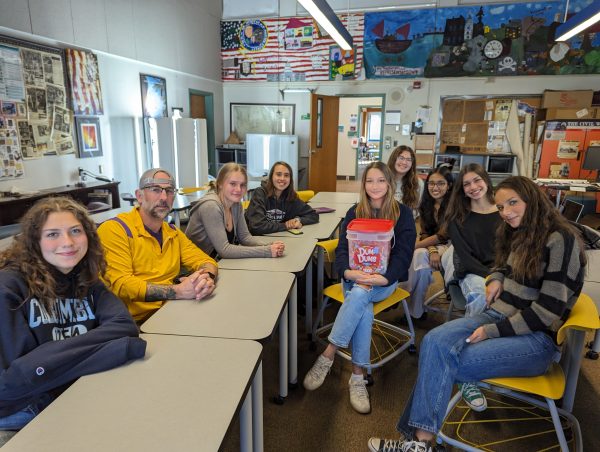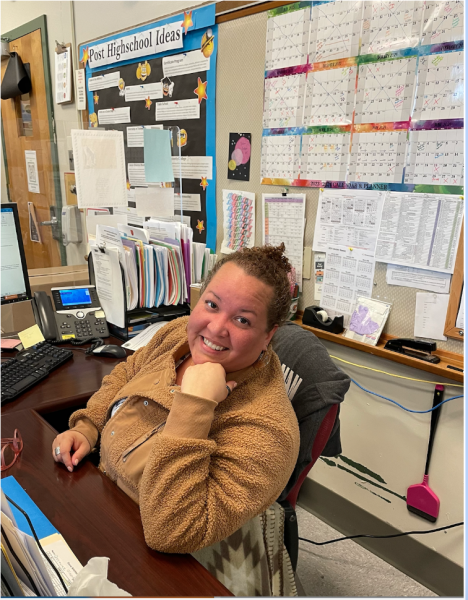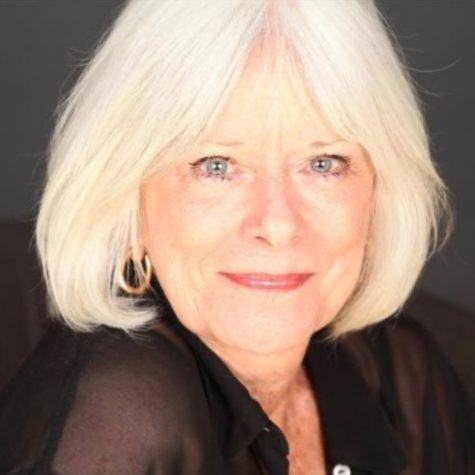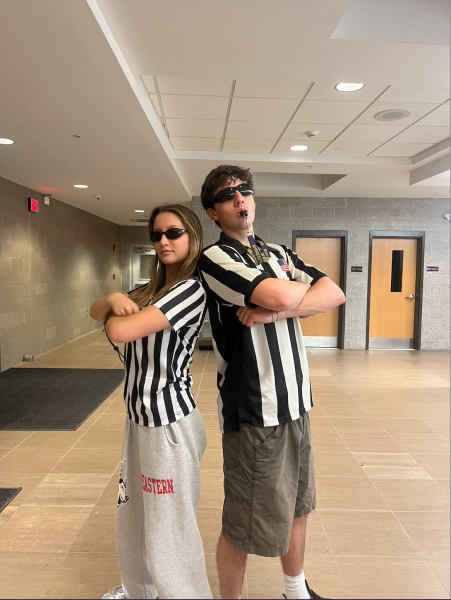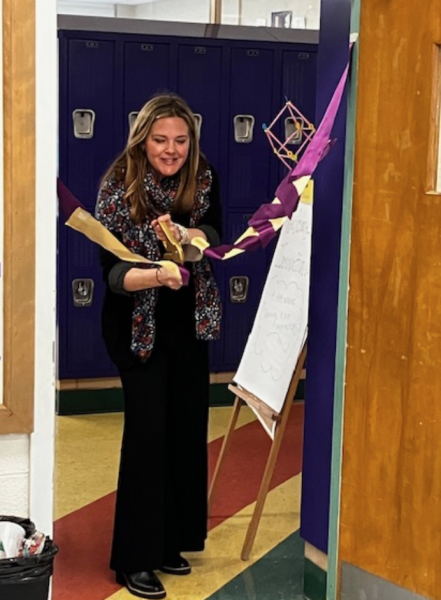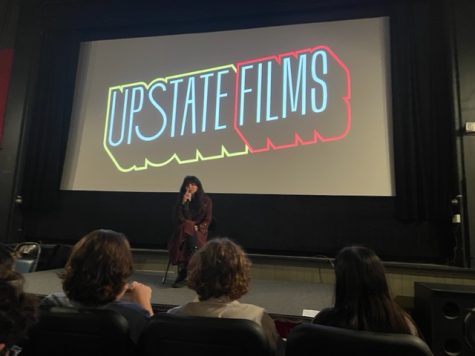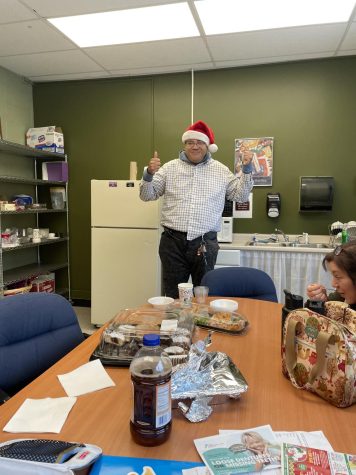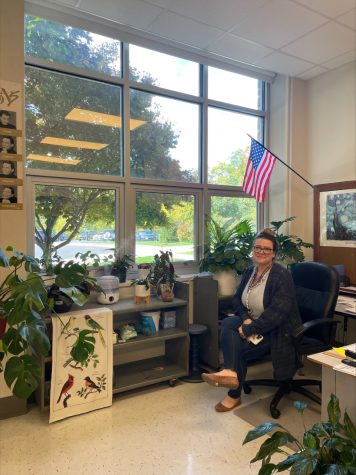Interact Club’s Service Trip Changed due to Political Discord in Nicaragua
By Mikaela Torcello
In April 2018, riots sparked in some of the largest cities of Nicaragua- Managua, Masaya, and Léon.
The President of Nicaragua, Daniel Ortega increased the cost of the Social Security System and reduced the benefits. The protesters, most of whom were students, were killed in the streets by the government retaliating.
It is estimated that 270 people have been killed and at least 2,000 injured.
Since 2010, the Rhinebeck Interact Club has annually traveled down to Nicaragua for a 10-day service project in February. The trip includes construction of a school classroom, smaller sized work projects at the school and donating school supplies to the kids in La Villa, the village where RHS students reside with their host families.
RHS Senior Maisy Holehouse participated in the 2018 trip and contacted her host mother after hearing the news.
Maisy translated her host mother’s response in English for Rhinebeck Reality:
“Thank you for your support, we’re living in difficult moments in our home country and Léon. The city is blockaded for protection, and I have to walk far for my job to visit my parents and buy living necessities. Our political situation is difficult, worse than Venezuela and Cuba. The difference is that we’re a nation that had suffered a civil war for 28 years and for this we don’t want another.”
Rhinebeck Central School District Superintendent, Joe Phelan has been a part of the Nicaragua service trip for many years.
Phelan says that going to Nicaragua in 2019 “will not be safe…but the club has recently sent $12,000 to the school in La Villa which will be towards projects, such as fixing the leaking water tower, renovating the bathrooms, and repairing the windows.”
Over the course of the summer, Mr. Phelan and the other advisors had to decide whether or not do a service trip.
“We had an idea to do a domestic trip to Detroit, Michigan, to help clean up the city or go down to New Orleans and work with Habitat for Humanity to help homes and areas that were affected by Hurricane Katrina.” Phelan mentioned discussions of a possible international Habitat trip to Puerto Rico or a trip to Costa Rica.
Ultimately, after not hearing back from Habitat for Humanity, the advisors decided that the 2019 trip will be in Costa Rica.
The trip will be the same 10 days in February. Participants will spend two days at EARTH University (Escuela de Agricultura de la Región Tropical Húmeda) and focus on their studies with the humid tropics, sustainability, and the environment. Earth University is a non-profit University that specializes in the studies of the humid tropics, sustainability, and conservation.
There will be a service component similar to the one in Nicaragua outside of San José.
Mr. Phelan made it clear that this trip will be “a very different trip than Nicaragua, but it is not a trip to the beach.”
Even though this trip is different than past trips (as it involves staying at a University), this trip is no vacation. There is a lot of hard work involved for all who participate.


